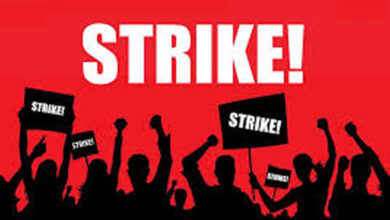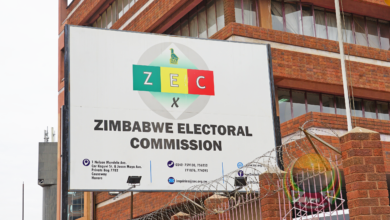ZELA advocates for specialised environmental courts

The Zimbabwe Environmental Law Association is advocating for the establishment of environmental courts to enhance the protection of environmental rights and Environmental Human Rights Defenders (EHRDs).
EHRDs are individuals or organisations that advocate for the protection of the environment and the rights of communities affected by environmental issues.
During a training session for Journalists on profile EHRDs and investigating environmental injustices, Effort Dube, a legal officer at ZELA, emphasised the importance of protecting EHRDs as they work towards environmental preservation.
He highlighted the need for legal frameworks to specifically safeguard EHRDs, especially within the Amendment of the Environmental Management Act.
“This is why the United Nations Human Rights Council had to come up with a resolution on issues of development because they identified gaps in the legal framework. There was an act where you can now report any incidents if you’re clashing and came up with the resolution in 2019 to assist them to urge State parties to go a step further to protect and guarantee the freedom and protection of these EHRDs. In Zimbabwe, there is a need to revisit the legal framework that we have, in particular, the Amendments of the Environmental Management Act, there is a need to have provisions that specifically promote and guarantee the protection of EHRDs because they are so linked with the protection of the environment,” said Dube.
He said the protection of EHRDs has to come out as they are reaching the areas which cannot be assessed by the Environment Management Agency (EMA).
“And you’ll notice that what the job that they’re doing is the job that is supposed to be done by EMA because EMA cannot be in every corner due to financial restraints and everything. So they’re on the ground, they’re doing the job that EMA has to be doing, and they’re on the ground. So that protection also needs to come out, even under the Environmental Management Act, because they are more or less like an extension of the work that is supposed to be done by EMA to monitor the environment and protect it for future generations.”
Dube also stressed the necessity of specialized environmental courts to expedite cases related to environmental degradation and ensure timely resolutions.
“I think as a country maybe we’ve not developed so much judicial jurisprudence on environmental rights; we are still at the infant stage, we are still trying to get there and it is for that reason why as ZELA we have now been pushing for specialised courts in particular environmental courts so that at least we know that the people who have to man those courts they are focusing on environmental issues and also that can promote more cases going into the court and for them to be heard in court and also can help to ensure that these cases are actually helped or they are managed at a faster pace compared to the current rate that was right,” he said.
“You can file a case that involves environmental degradation and until a decision has been made the environment can continue to be affected. We have had cases that have been in court for a while. It’s because of the institutional periods that are there and there’s nothing wrong with institutional but when you look at issues on environmental issues, maybe we need somewhere where they can be actually dealt on their own,” he said.
Dube said existing courts often prioritize other issues over environmental concerns, leading to delays in justice delivery.
“There have been instances where we felt that justice has been delayed as much as decisions have been made, once we have environmental courts that can try to advance for the protection of environmental rights and also at the same time advance for protection of Environmental Human Rights Defenders.”
Meanwhile, he also urged journalists to increase their coverage of EHRDs to raise awareness and bolster their protection against threats they face due to their environmental advocacy efforts.
Dube noted that EHRDs frequently encounter opposition from development initiatives, putting them at risk of targeting companies promoting such projects.






